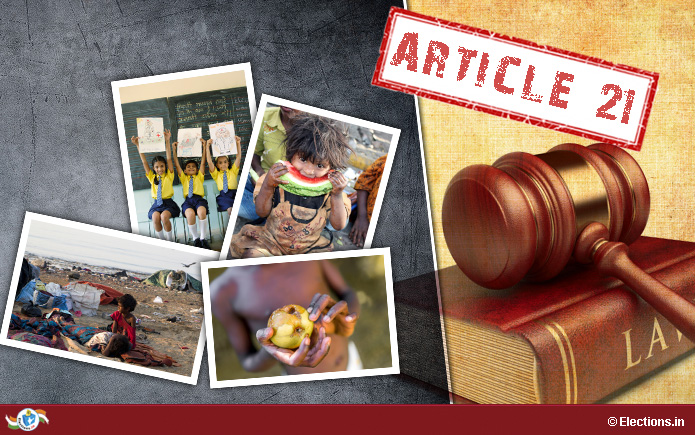
Reiterating that accused's right to seek Statutory Bail is an indefeasible fundamental right under Article 21 of the Constitution, the Madras High Court has observed that the date of remand will be computed while considering an application for the same.
The single-judge bench of Justice M. Nirmal Kumar was dealing with a plea filed by a POCSO accused, seeking directions to the Special Court to grant default bail on an application filed under Section 167(2) CrPC has explained elabotarily the right of the accused under Section 167(2) CrPC.
Brief Facts of the Case
The accused herein came to file a second statutory bail post alteration of chargesheet wherein Section 6 of POCSO Act was included. The same was declined by the Special Court citing that only 89 days had elapsed since the accused was remanded in judicial custody. However, later the High Court pointed out that the Criminal Rules of Practice 2019, Rule 6 (8) specifies that the date of remand must be included while considering a bail application.
The accused allegedly have inflicted sexual assault and harassmenton on a girl child for over a time span of 9 years. There are other four accused as well which includes her uncle, a pastor from the Church and another relative of the uncle. As per prosecution's case, the maternal aunt who was the caretaker of girl child has also been a silent spectator to the atrocities committed. The crime was disclosed when own mother of the child took her to a psychologist for consultation.
The petitioner-accused was arrested on 23rd April, 2021 and remanded to Judicial Custody on 24th April, 2021. He filed his first statutory bail application on 22nd June with facts that the charge-sheet was not filed even after 60 days but the same was dismissed by Special Court citing that the offence under Section 6 of the POCSO Act has been made out from the statement of the girl child under Section 164 CrPC received on 10th June.
Placing reliance on Bombay High Court order in the case of Kapil Wadhawan, the Special Court held that it has sufficient power to examine whether the period of filing the final report is 90 days or 60 days.
In view that the alteration report came to be filed only on 25th June, i.e, after 62 days, the second statutory bail application filed on 22nd July was again dismissed by the trial court by excluding the day of remand while computing the mandatory 90 day period.
Aggrieved, the accused move High Court.
The learned counsel for the petitioner submitted that the petitioner was arrested on 23.04.2021 and remanded to judicial custody on 24.04.2021, statutory bail application was filed on 22.07.2021. Though the application was filed after 90 days of remand, the Trial Court wrongly returned the application as “not maintainable”, for the reason only 89 days completed. According to the learned counsel, the date of remand has to be included while considering the statutory bail application. If the date of remand is included, 90 days would be completed on 22.07.2021 and hence, the petition filed under Section 167(2) Cr.P.C is maintainable.
He placed reliance on Chaganti Satyanarayan & Ors Vs. State of Andhra Pradesh, 1986 Latest Caselaw 111 SC wherein the Apex Court held that the date of remand has to be included. He also cited Uday Mohanlal Acharya Vs. State of Maharashtra, 2001 Latest Caselaw 183 SC . The learned counsel further stated that Article 21 of the Constitution of India provides that “no person shall be deprived of his life or personal liberty except according to procedure established by law.” and the same was settled by a Constitution Bench of this Court in Maneka Gandhi Vs. Union of India [1978] INSC 16 (25 January 1978), 1978 Latest Caselaw 16 SC
Read also : Nothing wrong in recording Conviction in POCSO Case on sole Deposition of Minor Victim, Read HC Judgement
To submit that the the Court should not be too technical in matters of personal liberty, he referred to Rakesh Kumar Paul Vs. State of Assam, 2017 Latest Caselaw 574 SC
Contrary, the Learned Public Prosecutor argued that the date of remand should be excluded and cited M.Ravidran Vs. Intelligence Officer, Directorate of Revenue, Intelligence
Social media is bold.
Social media is young.
Social media raises questions.
Social media is not satisfied with an answer.
Social media looks at the big picture.
Social media is interested in every detail.
social media is curious.
Social media is free.
Social media is irreplaceable.
But never irrelevant.
Social media is you.
(With input from news agency language)
If you like this story, share it with a friend!
We are a non-profit organization. Help us financially to keep our journalism free from government and corporate pressure













0 Comments